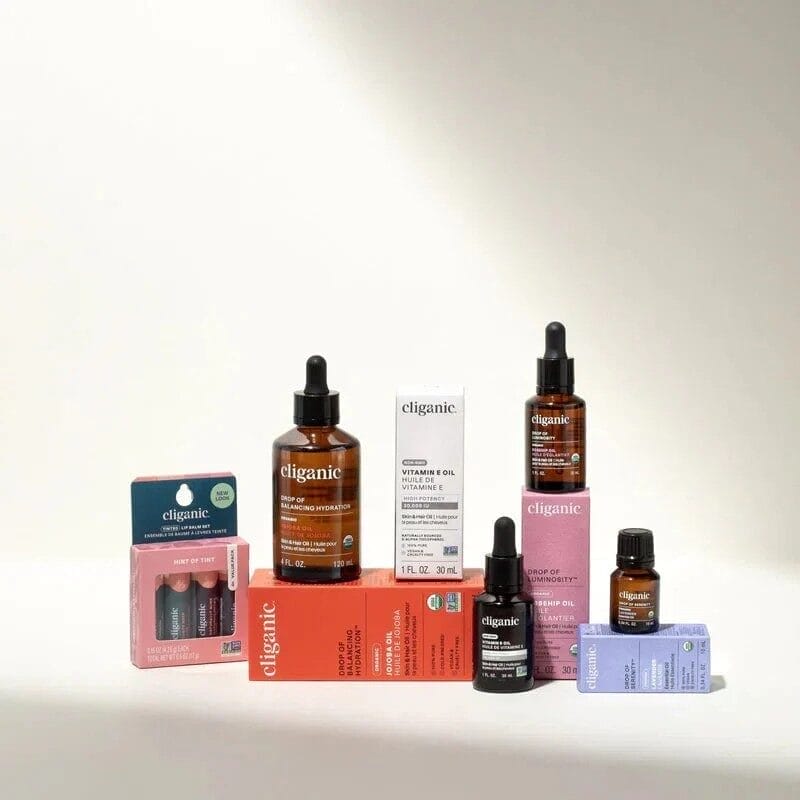She walked into the Tank with a vision to clean up more than just your smile. When Lindsay McCormick stepped onto the Shark Tank stage in Season 11, she wasn’t just pitching a new product; she was championing a movement to reduce plastic waste in oral care. Her company, Bite Toothpaste Bits, offered a simple solution to a massive problem: the billions of toothpaste tubes discarded each year. While she and co-founder Asher Hunt didn’t walk away with a deal, their experience on Shark Tank became a powerful lesson in entrepreneurial conviction, brand authenticity, and the value of sticking to your mission.

The Founding Story: Innovation Sparked by Frustration
Bite’s origin story is as authentic as it gets. Lindsay McCormick, a former surf and snowboard instructor turned TV producer, was constantly on the go. She noticed how many travel-sized toothpaste tubes she was tossing out, each one destined for a landfill. Motivated to find a better way, she dove into online chemistry courses, consulted with dental professionals, and began experimenting in her Los Angeles apartment. After many trials, she developed a formula for natural, vegan, cruelty-free toothpaste tablets packaged in recyclable glass bottles.
In 2018, Asher Hunt joined as co-founder, bringing operational expertise that helped scale the business after a viral video sent sales soaring. Together, they launched Bite on Etsy and their own website, quickly gaining traction with eco-conscious consumers seeking sustainable alternatives.
The Shark Tank Pitch: Big Ask, Bold Vision
On Shark Tank Season 11, Episode 14, McCormick and Hunt presented their vision to the sharks. They asked for $325,000 in exchange for 5% equity, valuing Bite at $6.5 million. Their pitch highlighted Bite’s unique features: palm oil-free, vegan ingredients, recyclable packaging, and plans to launch a fluoride version, something no other U.S. toothpaste tablet brand offered at the time.
Kevin O’Leary offered $325,000 for 20% equity, while Mark Cuban countered with $325,000 for 15%, but only if Bite agreed to sell on Amazon. McCormick and Hunt, committed to their direct-to-consumer model and unwilling to give up more equity, declined both offers.
Pros, Concerns, and Entrepreneurial Lessons
The sharks admired Bite’s early sales, strong subscription model, and the founders’ deep product knowledge. However, they questioned the high valuation, the challenges of competing with established oral care giants, and the lack of fluoride, a key ingredient for many consumers.
What can other entrepreneurs learn from Bite’s Shark Tank journey? Preparation and persistence are essential. McCormick’s willingness to learn chemistry and consult experts set her apart. Knowing your worth is critical. The founders’ refusal to accept unfavorable terms, even from high-profile investors, demonstrated confidence in their vision. Finally, a compelling, mission-driven story can resonate with customers and media alike, sometimes even more powerfully than with investors.
Where Bite Stands Now
Leaving Shark Tank without a deal turned out to be a smart move. Today, Bite generates about $8.8 million in annual revenue, has expanded its product line to include mouthwash tablets, whitening gel, and plastic-free deodorant, and is a proud Certified B Corporation. The brand points out it has kept over 250,000 pounds of plastic out of landfills and oceans, making a significant impact on sustainability efforts within the oral care industry.
Looking Forward
Bite’s Shark Tank journey shows that sometimes, the best deal is no deal at all. By holding firm to their values, McCormick and Hunt built a thriving, mission-driven business that’s changing the way we think about oral care. Their story is a compelling example of how innovation, authenticity, and conviction can disrupt even the most established industries.

















